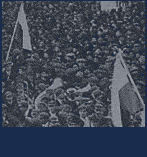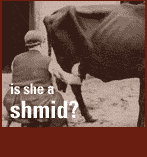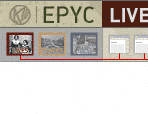

Textiles and Industry
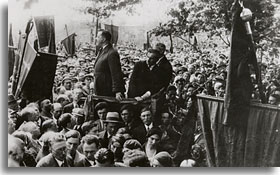

Because the textile industry in Lodz was the main focus of Jewish economic activity to a great extent, many trade unions began to form early in the 20th century for textile workers, craftsmen, and industrialists, among the most prominent of which was the Union of Industrialists founded in 1912. As the labor revolution flared, the Bund, Zionists, and Polish Socialists all competed to unionize the city's abundance of workers. Though no group dominated disproportionately as was the case in some other cities,the Bund emerged as the most relevant force in unifying a divided Jewish proletariat. Formed in Vilna in October 1897, the Bund (The General Jewish Workers Bund of Poland and Russia - Lithuania was added to the name in 1900) was a bastion of strength for many within the large and embattled Jewish community, achieving the height of its influence in the late 1930s. The party created newspapers, organized youth groups and summer camps, set up welfare offices for the needy, apprised workers of their rights, fought anti-Semitism, and established numerous unions which consistently struggled for better conditions and wages for Jewish workers and an improved position vis-à-vis hostile Polish competitors.
As a counterpoint, one of the more interesting aspects of Lodz's great textile industry was the small but elite group of Jewish industrial magnates. In Lodz a capitalist class arose, generating fortunes, driving an industry that employed tens of thousands, and providing economic support for the Jewish community and the institutions and philanthropic organizations that sustained it.
Among the first of the Jewish industrialists was Abraham Prussak, who innovated Polish textiles by importing spinning machines from England, the center of the world's textile production. Markus Silberstein, Adolf Dobranicki, and others later brought many improvements but, among the list of Lodz's Jewish industrialists, the city's most successful and its greatest benefactor was, without a doubt, Izrael Poznanski (1833-1900).
Abraham Prussak was among the first of the Jewish industrialists, He brought innovation to the Polish textile industry by importing spinning machines from England, which was then the center of the world's textile production. Markus Silberstein, Adolf Dobranicki, and others later introduced other improvements. Among the list of Lodz's Jewish industrialists, the city's most successful and its greatest benefactor was, without a doubt, Izrael Kalmanowicz Poznanski (1833-1900).
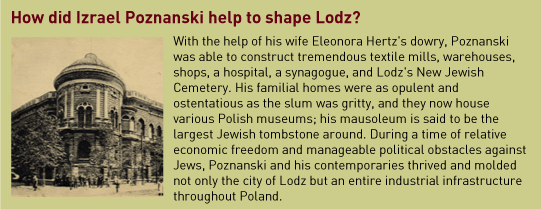
After World War I, when Eastern Europe's economy was in shambles, a highly nationalistic and anti-Semitic Poland resumed control of its former lands after the League of Nations created an independent Poland as part of the Versailles Treaty. Later, in the 1930s, the Polish government delivered a final blow to Jewish hopes of equal citizenship by adopting a systematic policy of economic anti-Semitism, refusing to aid Jewish businesses in their recovery. At the same time, hostility toward Jews began to manifest itself in wholesale efforts to squeeze Jews out of the textile industry at all levels. The Jewish community in Lodz, by the time the Nazis invaded Poland as World War II began, was already a shadow of its former self.











